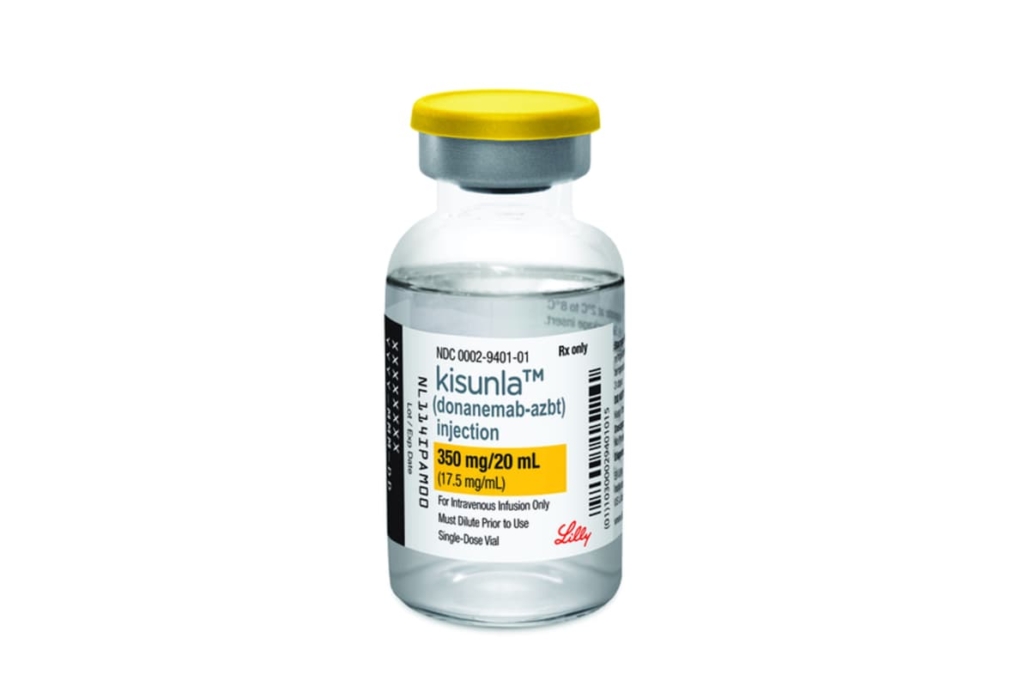FDA under fire: Controversial Alzheimer’s drug donanemab approved amid excess death concerns and conflicts of interest
A new investigation of FDA-approved Alzheimer’s drug donanemab highlights concerns about excess deaths, missing safety data, and financial conflicts of interest among FDA advisory panel members who recommended approval.
Donanemab, a recently approved drug for Alzheimer’s disease, is facing scrutiny over its safety, effectiveness, and the process leading to its approval by the US Food and Drug Administration (FDA). An investigation published in The BMJ [1] has uncovered concerns about excess deaths among patients taking the drug, missing safety data, and extensive financial ties between drug manufacturers and the expert advisors who recommended its approval.
Background and approval process
Developed by Eli Lilly, donanemab is the latest in a new class of anti-amyloid drugs designed to target beta-amyloid, a protein believed to be a key factor in Alzheimer’s disease. The drug was approved by the FDA on 2 July 2024, despite initial concerns raised by the agency in January 2023.
The FDA’s initial rejection of donanemab cited a “high rate” of missing data and questioned the drug’s long-term safety profile. The agency noted a higher rate of treatment discontinuation due to adverse events, particularly brain haemorrhage and swelling, among patients taking donanemab compared to those on placebo.
Safety concerns and missing data
One of the primary issues highlighted in the investigation is the imbalance in deaths between the treatment and placebo groups. Initially, Lilly acknowledged three deaths in patients taking donanemab due to amyloid-related imaging abnormalities (ARIA), a known side effect of anti-amyloid drugs.
The FDA also noted an overall imbalance in deaths: 17 (2.7%) in the donanemab group compared to 10 (1.4%) in the placebo group. This led to a request for Lilly to retrieve additional mortality information on missing patients.
In response, Lilly hired an outside company to search for data on the missing patients. This effort found two additional deaths among patients in the donanemab arm and five more deaths in the placebo arm, narrowing the gap to 19 deaths in the donanemab group versus 15 in the placebo group.
However, concerns remain about the reliability and completeness of this data. Steven Goodman, a physician and professor of epidemiology at Stanford University, told The BMJ: “There was also no information on health outcomes in those patients other than death, or the causes of the deaths.” He added that the “failure to formally follow patients who stopped treatment was a significant design flaw, particularly when that discontinuation was partly due to adverse drug effects.”
Efficacy questions
The investigation also raised questions about donanemab’s effectiveness. The primary endpoint of the studies was scores on the integrated Alzheimer’s disease rating scale (iADRS), a composite scale created by Lilly in 2015. The FDA had objected to Lilly’s use of this scale, preferring the more widely accepted clinical dementia rating scale – sum of boxes (CDR-SB).
In the phase 3 trial, donanemab showed a 2.92-point difference on the iADRS scale compared to placebo. This fell short of the 5-point difference considered clinically meaningful according to Lilly’s own criteria. The CDR-SB scores showed a statistically significant but clinically insignificant difference of 0.7 points, below the established threshold for a meaningful effect.
Despite these results, Lilly has promoted donanemab as “slowing decline by 35%” in some subgroup analyses. Alberto J Espay, a neurologist and specialist in clinical epidemiology at the University of Cincinnati, described this as “a misleading statement” that “transforms a very tiny absolute difference into a number that seems impressive.”
Conflicts of interest
Perhaps most concerning are the financial ties uncovered between FDA advisory committee members and drug manufacturers. The BMJ investigation found that seven of the eight doctors appointed to review donanemab had received direct payments from drug companies.
Using public databases and other sources, the investigation revealed that individual advisers received up to $62,000 for consulting and speaking fees and up to $10.5 million in research grants from 2017 through to the end of 2023. Three advisers had financial ties to Lilly, two had ties to Roche (Lilly’s development partner for an Alzheimer’s blood test), and two others held patents on amyloid antibodies.
These financial conflicts raise questions about the independence of the advisory process, especially given the potential for shared mechanisms of action among drugs in this class.
Future implications
The FDA is requiring Lilly to conduct a post-market observational study to track events, including deaths, brain haemorrhage, and oedema. However, the agency has given the company until February 2037 to issue its final safety report, a timeline that some experts find concerning.
Diana Zuckerman, president of the National Center for Health Research in Washington, DC, told The BMJ: “Relying only on registry data and giving Lilly until 2037 is unacceptable. It shows indifference to the needs of patients and their families despite clear concerns about the potential increase in irreparable harm and deaths that would be evident after just a few years.”
As the debate over donanemab’s approval continues, this investigation highlights the need for greater transparency and scrutiny in the drug approval process, particularly for treatments targeting complex diseases like Alzheimer’s.
Reference:
- Lenzer, J., & Brownlee, S. (2024). Donanemab: Conflicts of interest found in FDA committee that approved new Alzheimer’s drug. BMJ, 386:q2010. https://doi.org/10.1136/bmj.q2010


